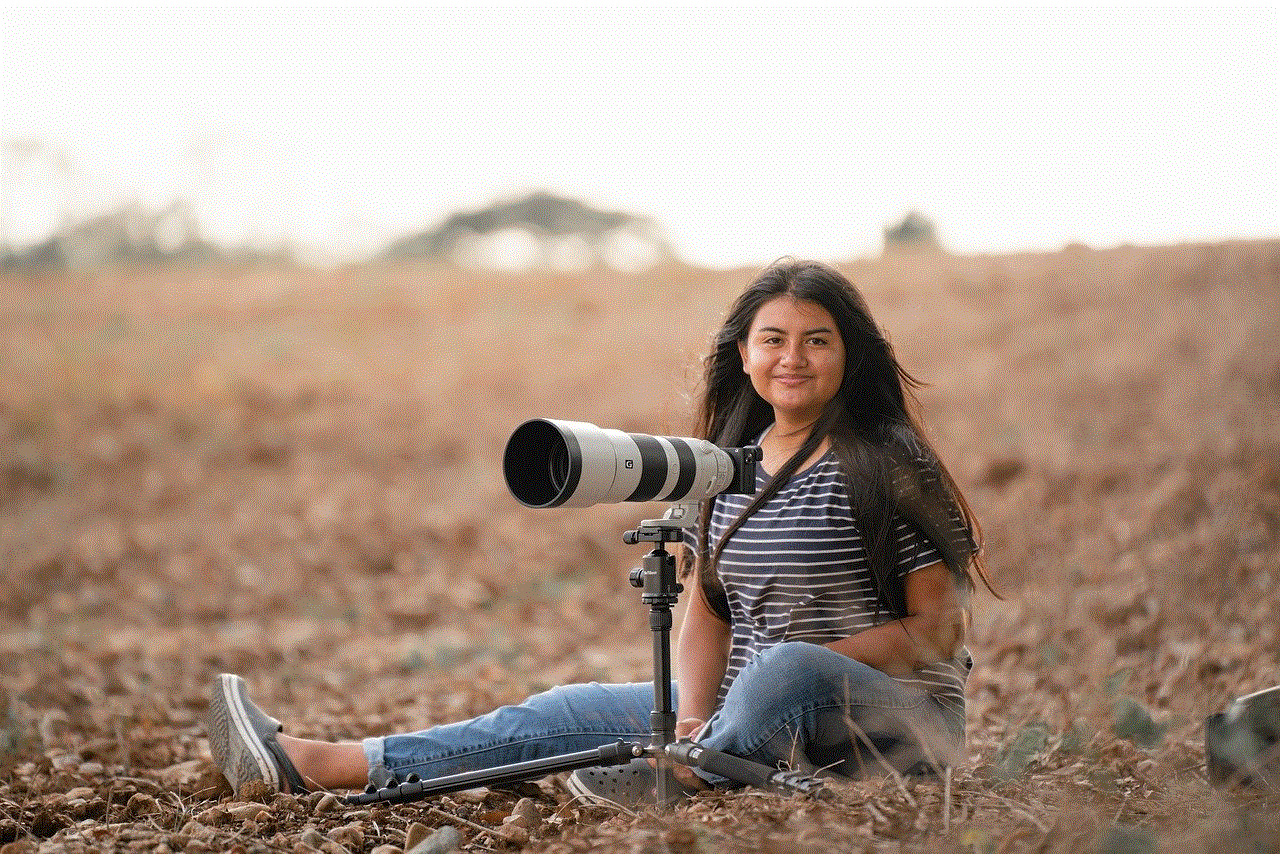hbo max screen share discord
In the world of streaming services, HBO Max has quickly become a household name. With a vast library of content, including popular TV shows and movies, it’s no wonder that many users want to share their viewing experience with friends and family. One way to do that is through Discord, a popular messaging and voice chat app used by gamers and non-gamers alike. In this article, we’ll explore how to screen share HBO Max on Discord and the potential benefits and drawbacks of doing so.
Before we dive into the specifics of screen sharing HBO Max on Discord, let’s first understand what these two platforms are and how they work.
HBO Max is a subscription-based streaming service owned by WarnerMedia. Launched in May 2020, it quickly gained popularity for its extensive library of content, including HBO originals, Warner Bros. films, and popular TV shows like Friends and The Big Bang Theory. Discord, on the other hand, is a communication app that has gained a massive following in recent years. It allows users to create servers, join communities, and communicate through text, voice, and video chats.
Now, you might be wondering why anyone would want to screen share HBO Max on Discord when they can just watch it together in person or through other means. Well, here are a few potential reasons:
1. Distance – With the rise of long-distance relationships and friendships, people are always looking for new ways to stay connected. Screen sharing on Discord allows you to watch HBO Max with your loved ones, even if you’re miles apart.
2. Social distancing – In the wake of the COVID-19 pandemic, more and more people are staying home and avoiding physical gatherings. Screen sharing on Discord allows you to have a virtual movie night with your friends while staying safe.
3. Multiplayer experience – Discord is primarily known as a gaming app, and many gamers use it to communicate and coordinate while playing together. Screen sharing HBO Max on Discord adds a new dimension to this experience, allowing gamers to watch their favorite shows or movies while gaming with their friends.
Now that we’ve established why someone might want to screen share HBO Max on Discord, let’s move on to the process of doing so.
Step 1: Create a Discord server
To screen share on Discord, you first need to have a server. If you’re new to Discord, a server is a community you can create or join to communicate with others. To create a new server, click on the “+” button on the left-hand side of the Discord app and select “Create a Server.” Give your server a name, invite your friends, and you’re ready to go.
Step 2: Add the HBO Max app to your server
Next, you need to add the HBO Max app to your server. To do this, click on the “Server Settings” button (the gear icon next to the server name) and select “Integrations.” Search for HBO Max and click “Authorize” to add it to your server.
Step 3: Start screen sharing
Now, open the HBO Max app and select the show or movie you want to watch. Click on the “Watch Together” button at the bottom of the screen, and a pop-up will appear asking you to select a server to share the content with. Choose the server you created and click “Join Stream.” This will start the screen sharing session, and everyone in the server will be able to see what you’re watching.
Step 4: Use the built-in video and audio chat
Discord also has a built-in video and audio chat feature that you can use while screen sharing. This allows you to see and hear your friends while watching HBO Max together. To enable this feature, click on the camera icon at the bottom of the screen. You can also use the audio settings to adjust your microphone and speaker volume.
Now that you know how to screen share HBO Max on Discord let’s discuss some potential benefits and drawbacks of doing so.
Benefits:
1. Virtual movie nights – As mentioned earlier, screen sharing on Discord allows you to have virtual movie nights with your friends, even if you’re not in the same place. This is a great way to stay connected and have a shared experience.
2. Multiplayer experience – With Discord primarily being a gaming app, screen sharing HBO Max adds a new layer to the multiplayer experience. You and your friends can watch your favorite shows or movies while playing games together, making for a unique and fun experience.
3. Convenience – Screen sharing on Discord is convenient, especially for those who don’t have access to other ways of watching HBO Max together. It’s also a great option for those who don’t want to go through the hassle of coordinating an in-person movie night.
Drawbacks:



1. Limited to server members – One major drawback of screen sharing on Discord is that it is limited to the members of your server. This means that you can’t invite people outside of your server to watch with you, which may be a downside for some.
2. Quality – Screen sharing on Discord may not always provide the best audio and video quality. This can be a problem, especially if you’re watching a highly anticipated show or movie.
3. Technical issues – As with any technology, there is always the possibility of technical issues arising. This can disrupt your viewing experience and cause frustration for everyone involved.
In conclusion, screen sharing HBO Max on Discord can be a great way to watch your favorite shows and movies with friends and family. It allows for virtual movie nights, adds a new dimension to the multiplayer experience, and is convenient for those who can’t watch together in person. However, it’s not without its drawbacks, such as limited viewership and potential technical issues. Ultimately, it’s up to you to decide if screen sharing on Discord is the right option for you and your viewing needs. Happy streaming!
is bitmoji keyboard safe
The rise of emojis has revolutionized the way we communicate with each other, making it easier to express our thoughts and emotions through digital means. One of the most popular forms of emojis is Bitmojis, which are personalized cartoon avatars that can be created by users to resemble themselves. These Bitmojis have become a sensation, with millions of people using them in their daily conversations. However, with the increasing use of Bitmojis, there have been concerns about the safety and security of the Bitmoji keyboard. In this article, we will delve deeper into the topic and explore whether the Bitmoji keyboard is safe to use.
First and foremost, we need to understand what exactly is the Bitmoji keyboard. It is a mobile keyboard application that allows users to access their personalized Bitmoji stickers directly from their keyboard while typing. It was created by the company Bitstrips in 2014 and was later acquired by Snapchat in 2016. The Bitmoji keyboard is available for both iOS and Android devices and can be downloaded for free. It has a wide range of features, including the ability to create customized Bitmojis, a library of pre-made Bitmojis, and the option to use Bitmojis in different messaging and social media apps.
The popularity of the Bitmoji keyboard can be attributed to its ease of use and the ability to personalize the avatars based on the user’s appearance. However, with the increasing use of the keyboard, many users have raised concerns about the safety and privacy of their data. One of the main concerns is that the Bitmoji keyboard can access the user’s personal information, including their contacts, photos, and messages. This has led to fears that the app may be collecting and storing this data without the user’s knowledge.
To understand whether the Bitmoji keyboard is safe, we need to look at the app’s privacy policy. According to the policy, Bitmoji collects and stores user data to provide its services, personalize the user’s experience, and improve the app’s features. This includes data such as the user’s name, email address, phone number, and contacts. The policy also states that Bitmoji may share user data with third-party service providers for analytics and marketing purposes. This has raised concerns about the security of the user’s data and whether it is being shared with other companies without their consent.
However, it is important to note that Bitmoji has stated that they do not sell or rent their users’ personal information to any third-party companies. They also have security measures in place to protect user data from unauthorized access, use, or disclosure. This includes encryption of data and regular security audits. Additionally, Bitmoji has a strict policy against collecting data from children under the age of 13, which is in compliance with the Children’s Online Privacy Protection Act (COPPA).
Another concern about the Bitmoji keyboard is that it may contain malicious code or viruses that can harm the user’s device. However, there have been no reports of such incidents, and the app is regularly updated to fix any bugs or security issues. It is also worth noting that the Bitmoji keyboard is only available for download from official app stores, such as the App Store and Google Play Store. This ensures that the app undergoes thorough security checks before being made available to users.



Apart from privacy and security concerns, there have been reports of the Bitmoji keyboard causing performance issues on some devices. This could be due to the high memory usage of the app, which can slow down the device. However, this can be easily resolved by closing the app when not in use or by updating to the latest version, which may have bug fixes for such issues.
In conclusion, the Bitmoji keyboard is generally considered safe to use. While there have been concerns about the app’s privacy and security, Bitmoji has taken measures to protect user data and has a strict policy against sharing it with third-party companies. However, it is always advisable to read the app’s privacy policy before using it and to be cautious about the information you share while using the Bitmoji keyboard. As with any app, it is also important to keep it updated to avoid any security vulnerabilities. With these precautions in mind, users can continue to enjoy using the Bitmoji keyboard to add a personal touch to their conversations.
wants its youth to stop livestreamers
In an increasingly digital age, livestreaming has become a popular form of content creation and consumption for the younger generation. With platforms such as Twitch, YouTube , and Facebook Live, individuals can easily share their thoughts, experiences, and talents with a global audience in real-time. However, as livestreaming continues to gain popularity, concerns have arisen about its potential negative impact on the youth. As a result, there has been a call for young people to stop livestreaming, with parents, educators, and even governments expressing their concerns. In this article, we will delve into the reasons behind this call and explore the potential consequences of livestreaming on the youth.
To begin with, one of the primary reasons for the call to stop livestreaming is the potential danger it poses to young people. With livestreaming, individuals are essentially broadcasting their lives to the world, which can make them vulnerable to online predators and cyberbullying. Many young people are not aware of the risks involved in sharing personal information and live video footage online, and this can put them in harm’s way. Furthermore, livestreaming often involves interacting with strangers, which can lead to young people being exposed to inappropriate or harmful content. As a result, concerned parties are urging young people to refrain from livestreaming in order to protect their safety and well-being.
Another concern raised about livestreaming is its potential negative impact on the mental health of young people. As livestreamers strive to gain a following and increase their viewership, they may engage in risky or extreme behaviors in order to attract attention. This can lead to a culture of constant validation and a pursuit of fame, which can have detrimental effects on the self-esteem and self-worth of young people. Moreover, livestreaming can also contribute to the development of an unhealthy comparison culture, where young people compare their lives to the seemingly perfect and curated lives of livestreamers. This can lead to feelings of inadequacy and depression, especially in vulnerable young minds. As a result, many are calling for young people to stop livestreaming in order to preserve their mental well-being.
Furthermore, livestreaming can also have a negative impact on the academic performance of young people. With the constant need to create content and engage with followers, livestreaming can be a major distraction for young people, especially during their formative years. This can lead to a decline in academic performance and a lack of focus on important tasks such as studying and completing assignments. Moreover, the pressure to maintain a certain level of popularity and engagement on livestreaming platforms can also cause young people to prioritize livestreaming over their education, leading to further negative consequences. As a result, parents and educators are urging young people to stop livestreaming and focus on their studies in order to secure their future.
In addition to the concerns mentioned above, there is also a growing worry about the potential impact of livestreaming on the values and morals of young people. With the ability to broadcast anything and everything, livestreamers often push the boundaries of what is considered appropriate and acceptable. This can lead to young people being exposed to content that goes against their cultural or societal norms, leading to a clash of values and beliefs. Moreover, livestreaming can also desensitize young people to violence, explicit language, and other inappropriate content, which can have a long-lasting impact on their perception of the world. As a result, there has been a call for young people to stop livestreaming in order to protect their values and preserve societal norms.
Aside from the potential negative impact on the youth, there are also concerns about the legal implications of livestreaming. Many young people may not be aware of the laws and regulations surrounding livestreaming, which can lead to them unknowingly breaking the law. For instance, livestreaming copyrighted material or infringing on someone’s privacy can lead to legal consequences. Moreover, livestreaming platforms also have their own terms of service that users must adhere to, failure to do so can result in the suspension or termination of their accounts. As a result, parents and legal authorities are urging young people to stop livestreaming in order to avoid any potential legal ramifications.
Furthermore, there is also a concern about the impact of livestreaming on the social skills of young people. With the rise of livestreaming, many young people are spending more time online and less time engaging in face-to-face interactions. This can lead to a lack of essential social skills such as communication, empathy, and conflict resolution, which are crucial for personal and professional relationships. Moreover, the constant need for validation and approval on livestreaming platforms can also hinder the development of a strong sense of self and the ability to form meaningful connections. As a result, there has been a call for young people to stop livestreaming and focus on building real-life relationships.
While there are certainly valid concerns about the potential negative impact of livestreaming on the youth, it is also important to recognize the positive aspects of this form of content creation. Livestreaming has allowed young people to express themselves creatively and connect with like-minded individuals from all over the world. It has also provided a platform for young people to showcase their talents and skills, which can lead to opportunities for personal growth and success. Moreover, livestreaming has also been used for charitable causes and to raise awareness about important social issues. As a result, it is crucial for the call to stop livestreaming to be accompanied by a discussion on responsible and safe use of these platforms.



In conclusion, the call for young people to stop livestreaming is a result of the growing concerns about the potential negative impact of this form of content creation on the youth. From safety concerns to potential legal ramifications, there are certainly valid reasons behind this call. However, it is also important to recognize the positive aspects of livestreaming and promote responsible and safe use of these platforms. As technology continues to advance and livestreaming becomes more prevalent, it is crucial for parents, educators, and society as a whole to have open and honest discussions about the impact of livestreaming on the youth and work towards finding a balance between its benefits and potential risks.
